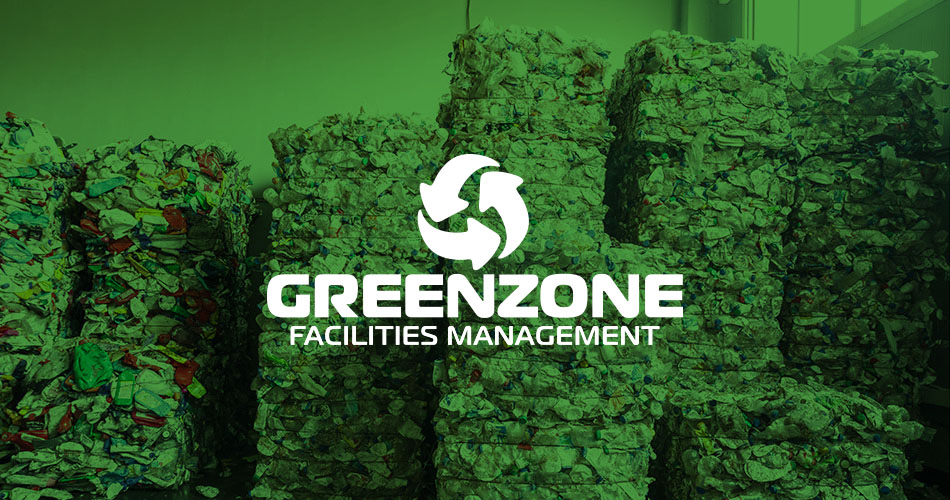Funded by the Interreg North-West Europe Programme as part of the EU’s European Regional Development Fund, TRANSFORM-CE aims to divert thousands of tonnes of plastic waste from landfill across North-West Europe and stimulate demand for recycled plastic at home and abroad.
As part of continued European collaboration, the project will see the construction of two plastic recycling plants in Manchester and the Netherlands over the course of the next year, with initial testing of different feedstocks beginning in the next few months.
Hard plastic items, such as drink bottles, will be turned into 3D printing filaments and eventually printed products. In what will be a significant upcycle of waste plastic, once the new filament has been created, this will then be used in the 3D additive manufacturing process to create new products designed specifically with business in mind.
Manchester Metropolitan’s PrintCity, a 3D additive manufacturing centre, will play a pivotal role in the process by helping businesses incorporate recycled materials into their own products through 3D printing technology.
Lower value plastic including thin films and foils, which cannot currently be recycled easily, will be used to make products such as tables, chairs and even lampposts, using intrusion moulding.
The project will draw on the expertise of Manchester Metropolitan University’s ‘Waste to Resource Innovation Network’, which focuses on harnessing collaboration to advance the transition to a circular economy, and support sustainable regional economic growth.
Mayor of Greater Manchester Andy Burnham has expressed support for the new initiative as Manchester looks to become carbon neutral by 2038, saying: “The reduction of single-use plastic is a key focus area for Greater Manchester, and we are committed to helping support behaviour change and to reduce our consumption and production of single-use plastics.
“The TRANSFORM-CE project is a fantastic example of where industry experts, businesses and research bodies can identify real economic opportunities for the revaluing of Greater Manchester’s single-use household plastic, showing that it is possible to create real value from waste through a disruptive and innovative approach.”
Amanda Reid, Programme Lead for the University’s Waste to Resource Innovation Network and the project manager, said: “By revaluing our existing single-use plastic feedstock and changing consumption and production patterns from a linear to a circular economy, we should be able to make a real difference to the current single-use plastics concern.
“Whilst remaining a throwaway society we simply do not have the ability to continue developing, but by making this change to a circular economy and by decoupling economic growth from resource consumption we can start to make a change.”
Professor Craig Banks, Project Director of TRANSFORM-CE, added: “It is fantastic that we are leading this circular step change, engaging with both EU research institutes, business and government to support the adoption of a circular economy and wider engagement as part of Industry 4.0, and on a local level, the Greater Manchester Industrial Strategy
Orginal Source

